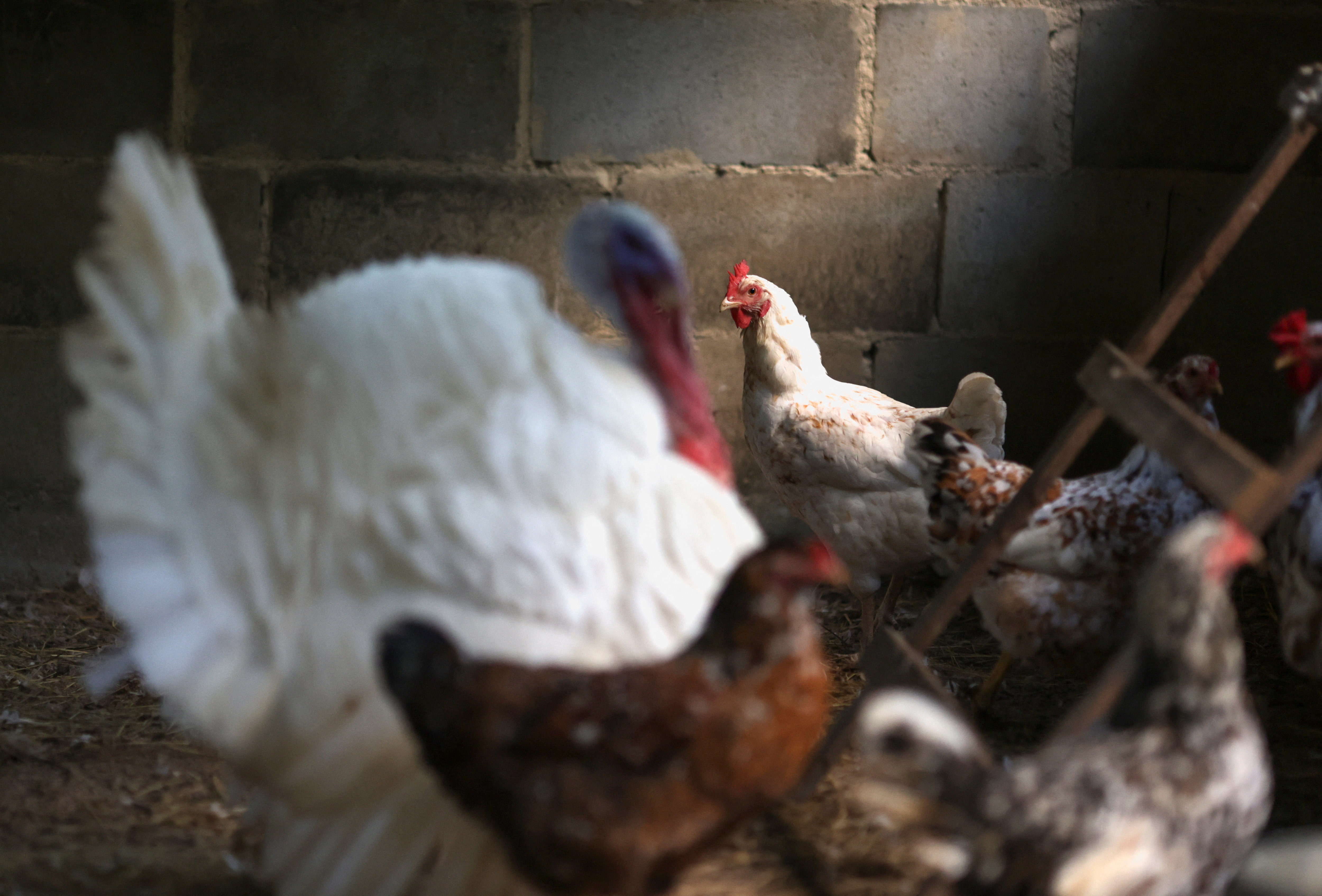

SAO PAULO, June 28 (Reuters) – Japan suspended purchases of poultry from a Brazilian state after an outbreak of highly pathogenic avian influenza (HPAI) on a non-commercial farm, Brazil’s agriculture ministry and meat industry association ABPA said on Wednesday.
The decision comes a day after the southeastern state of Espirito Santo declared a bird flu outbreak among domesticated animals on a farm with ducks, mallards, geese and chickens, which was Brazil’s first case seen in birds that are not wild.
The lobby group ABPA questioned the halt by Japan, which it said does not currently import poultry from the state, adding that the decision “is not in line with the guidelines of the World Organization for Animal Health (WHOA).”
Brazil’s agriculture ministry said in a statement later on Wednesday that it questioned Japan’s government regarding its decision, given that the confirmation of the case does not change Brazil’s status before WHOA and the import ban “is not agreed to in the health protocol between both parties.”
Brazil, the world’s largest chicken exporter, first confirmed outbreaks among wild birds on May 15, and has since recorded 50 outbreaks of the disease in wild birds in seven states.
“It is worth remembering that industrial poultry farming in Brazil continues without any record of the disease,” ABPA said.
Japan was Brazil’s third largest poultry importer in 2022, according to ABPA.







